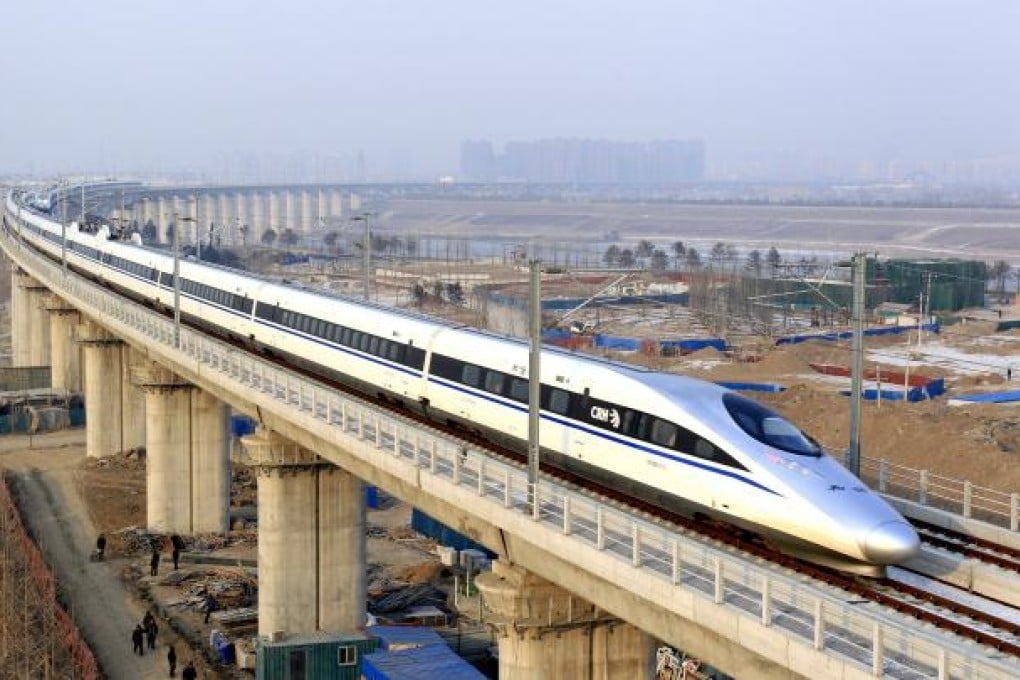Is our Hong Kong identity up to speed?
Lau Nai-keung cautions against remaining cool to nation's development

On December 26, the 2,298-kilometre high-speed railway between Beijing and Guangzhou became operational. Trains will run at an average speed of 300km/h, cutting travel time to about eight hours from the current 24 or so.
There has been much debate about whether China's high-speed rail investments have been economically sound. In order to repay large construction debt loads, significant revenue is required from fares, subsidies, and/or other sources of income, such as advertising and property development.
Despite impressive passenger figures, virtually every completed line of the railway has incurred losses in its first years of operation.
The maths is even more complicated if we take into account the externalities. On the one hand, people will benefit from the shorter travelling time and the development of technological capacity, not to mention the impact of the government spending on employment; on the other hand, the project carries social and environmental costs, and the speed of development may also bring risks.
One online comment captures the contradictions involved: "Air travel has been tested worldwide for a couple of generations, and every fatal crash has taught the industry deep lessons. But these high-speed railways are running on uncharted territory, safety-wise, not to mention substandard concrete".
"Uncharted territory" is inherently unsafe. And that's exactly why the courage to explore it should have been met with applause. Instead, we are faced with the China-bashing now in fashion.
This newspaper sent a reporter and photographer on the debut ride to give readers real-time coverage. "Food takes back seat on high-speed railway", read the headline of the article. The focus was more on the long queues for lunch and the fact that supplies of cupcakes had run out, and chewing gum was left on the windowsill of the train.